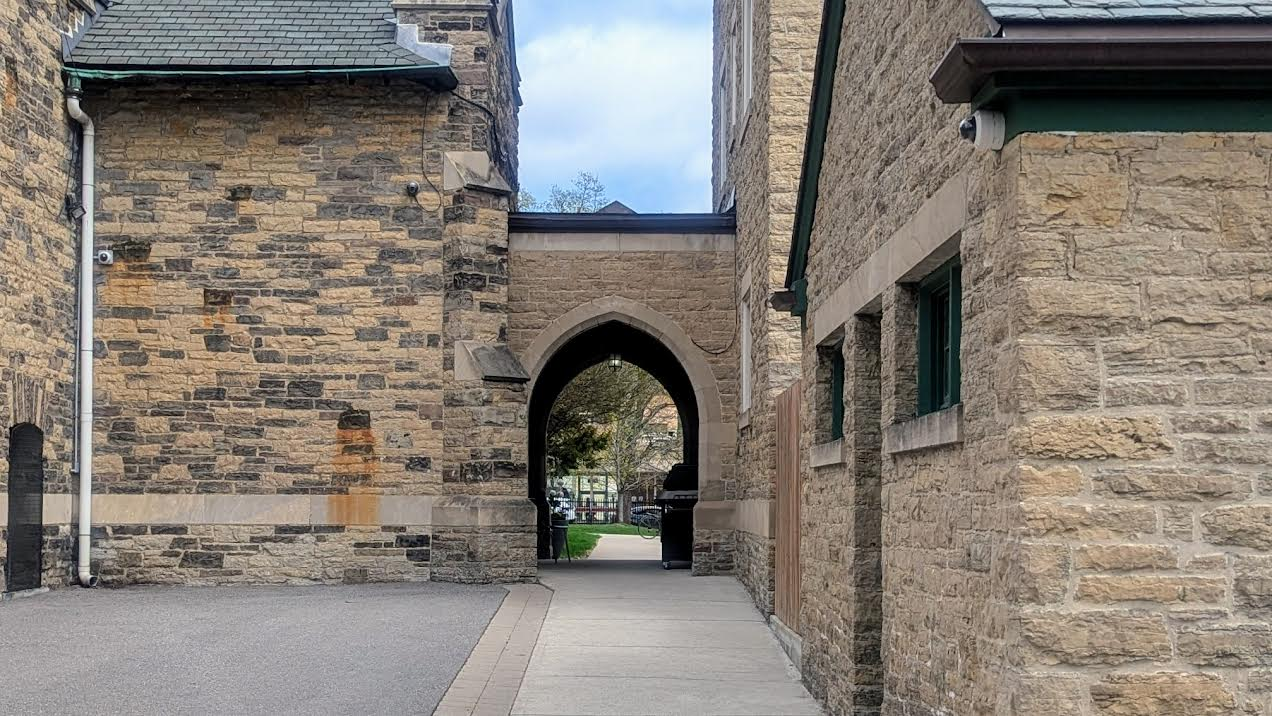Blog # 167...July, 2025
A few blogs back I suggested that STEM should be amemded to STEAM to include art as an important focus of our attention and study. Although it doesn't fit the acronym, I'm suggesting it's time we recognize skilled trades for their worth and let go of the cultural bias that considers them less worthy than intellectual or artistic fields...enough said.
It's now late in June and I thought this blog was almost done and ready for my typo checker, until, I went to see the exhibition of Joyce Wieland's incredible collection at the Art Gallery of Ontario. It was tempting to preempt what I'd written and devote the entire blog to her, but I've decided to let the show settle in my mind and heart and write about it in August. In the meantime, if you're anywhere near Toronto before January 4th, 2026, you'll be in for a very important, fascination and very accessible experience.
Ideas and art come in many sizes. Most of the time artists walk around amongst us, unnoticed, buying groceries, getting their hair cut, you know- being ordinary. But there's often stuff going on in their heads, they're noticing something and getting an idea. I heard one the other day talking about how seeing window air conditioners got him thinking of how they remove heat and release it outside. That led to imagining heated emotions also coming out into the atmosphere and a tiny pop up gallery called the Laboratory of Artistic Intelligence on Dundas Street just outside Scadding Court. I love the thought of the hot breath of babies wailing, angry words being exchanged or the heat coming off a body working out could waft out and become art. We passed by and photgraphed the streetscape, galleries ... open when the artists are inspired to be there.
lso, I mentioned the show 52 Women at the City of Toronto Museum (added to our cultureal landscape in 2022), the City Archives and Luminato. The show continues until December, celebrating the way these women have contributed to our City throughout history. I was lucky to have a curated tour with Cathy Crowe, the beloved street nurse. Also, Luminato collaborated in a wondrous theatrical event at the City Archives, placing actresses in different parts of the building to deliver monologues on behalf of the women. It had a limited run, we were lucky to see that too..
I try hard not to be totally Toronto-centric and am always thrilled to hear about something far from my orbit, like Powell River in northern British Columbia. it's a world renowned music centre, thriving particularly since the closing of its paper mill in August 2023. Even before that, there was an active group of talented musicians, hosting an annual International Choral Kathaunixu, drawing thousands of singers from around the world. Labour Day weekend features the Sunshine Music Festival. Year round musical activities and events held by the Powell River Academy of Music attract musicians and lovers of music from home and abroad. Bravo Powell River!
Last month, I was thrilled when Michael Crummy won the Dublin Literary prize and enen more so when a friend sent me a link to the award ceremony. The Lord Mayor of Dublin spoke beautifully about the literary traditions in Ireland, Dublin in particular, and Michael was eloquently humble and amusing - of course, he's from Newfoundland!
Writing about the place of art forms in our world opens a wide door for me. This past month, much of the time the wildfires and the poeple affected so profoundly have been front and centre. The creativity involved in carrying on, whether while abandoning home, risking injury fighting fires or welcoming and feeding strangers, is as moving as a Rivera mural or a Lorca poem.
As the season for hockey finally wids down, I wonder how can it be that Florida has taken a stranhlehold on the Stanley Cup...4 times in the past 5years!
Thanks Margaret and Karen for the excellent proofing and Michael for taking the pics. We'll be back in August with Joyce Wieland!





